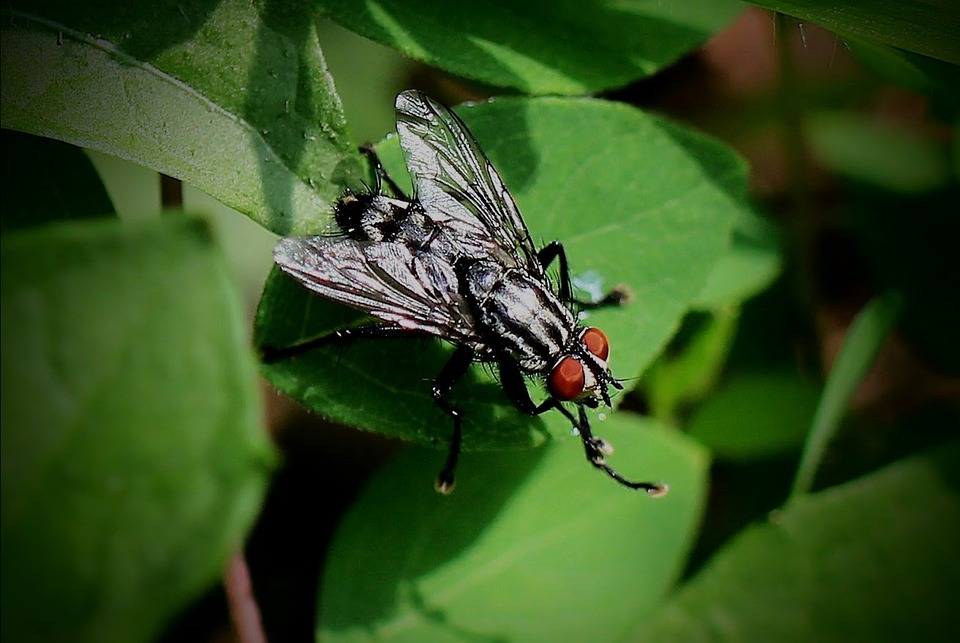Preventative Measures: How to Keep Pests and Rodents at Bay in Your Home
The comfort of our homes is something we often take for granted, but unwelcome guests in the form of pests and rodents can quickly disrupt our peace of mind. From ants and cockroaches to mice and rats, these invaders can cause significant damage, contaminate food, and pose health risks. Fortunately, preventive measures can be employed to keep these nuisances at bay. Here are some effective strategies to maintain a pest-free home.
1. Maintain Cleanliness
One of the most effective ways to discourage pests is to keep your home clean. Regularly sweeping, vacuuming, and mopping floors can eliminate food crumbs and spills that attract unwanted visitors.
- Kitchen: Wipe down countertops, store food in airtight containers, and take out the garbage regularly.
- Dining Area: Clean up spills immediately, and avoid leaving dirty dishes out overnight.
- Living Spaces: Declutter and vacuum carpets and upholstery to remove food particles and nesting materials.
2. Seal Entry Points
Pests can enter your home through the tiniest of openings, so it’s essential to inspect your house for potential entry points.
- Windows and Doors: Ensure all windows and doors are properly fitted and close tightly. Use caulk or weather stripping to seal cracks and gaps.
- Vents and Exhaust Fans: Install screens over vents to prevent insects from entering.
- Foundation and Walls: Fill cracks in your foundation, walls, and around utility pipes with appropriate materials, such as mortar or expanding foam.
3. Manage Moisture
Moisture attracts a variety of pests, including termites, cockroaches, and rodents. Keeping your home dry and well-ventilated can significantly reduce the likelihood of an infestation.
- Fix Leaks: Repair any leaks in pipes, roofs, or foundations promptly.
- Use Dehumidifiers: In areas that tend to hold moisture, such as basements, consider using dehumidifiers and ensuring proper drainage.
- Ventilation: Ensure that attics, bathrooms, and kitchens are adequately ventilated to prevent humidity buildup.
4. Create a Pest-Resistant Landscape
The area surrounding your home can either attract or repel pests. A well-maintained landscape can serve as a barrier against intruders.
- Trim Bushes and Trees: Keep trees and shrubs trimmed away from your home to eliminate easy access points for pests.
- Landscape Rocks: Consider using gravel instead of mulch, as it doesn’t retain moisture as much and is less conducive to pest habitation.
- Remove Standing Water: Regularly check for standing water in bird baths, planters, and gutters, as these can provide breeding grounds for mosquitoes.
5. Be Cautious with Firewood and Compost
If you use firewood or maintain a compost pile, it’s essential to store and manage them correctly to deter pests.
- Firewood: Store firewood at least 20 feet away from your home and elevate it off the ground to prevent pests from nesting.
- Compost: Maintain a balanced compost pile that is turned regularly. Ensure it’s placed away from the home to minimize pest attraction.
6. Utilize Natural Deterrents
There are several natural repellents that can be used to prevent pest infestations without resorting to harsh chemicals.
- Essential Oils: Oils such as peppermint, tea tree, and lavender can repel various insects. Consider using diffusers or diluting these oils in water to create an effective spray.
- Diatomaceous Earth: This natural powder can be sprinkled around entry points to deter crawling insects.
7. Regular Inspections
Conducting routine inspections of your home can help you catch potential pest problems before they escalate.
- Check for Signs of Infestation: Look for droppings, chewed materials, or nests in hidden areas like attics or basements.
- Engage Nuisance Control: If ever unsure, scheduling a professional pest control service for periodic inspections can help identify vulnerabilities in your home.
8. Educate Your Family
Educating your family, especially children, about the importance of avoiding pest attractants can foster a proactive environment for pest prevention.
- Teach Proper Food Storage: Encourage the practice of keeping food sealed and putting it away promptly after meals.
- Instruct on Clean-Up: Instill habits to clean up crumbs and messes immediately, minimizing food sources for pests.
Conclusion
Taking preventive measures against pests and rodents can save time, money, and stress in the long run. By maintaining cleanliness, sealing entry points, managing moisture, and employing natural deterrents, you can create an unfriendly environment for pests while ensuring your home remains a safe and comfortable haven. Make pest prevention a part of your regular home maintenance routine, and enjoy the peace of mind that comes with a pest-free home.
